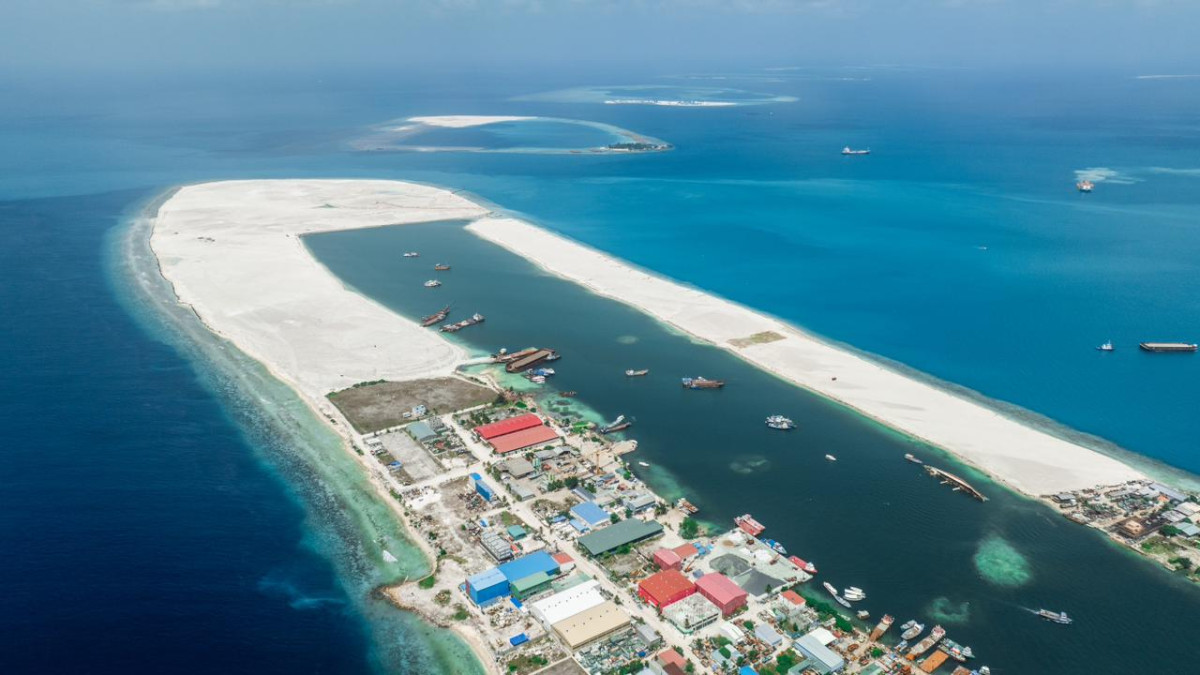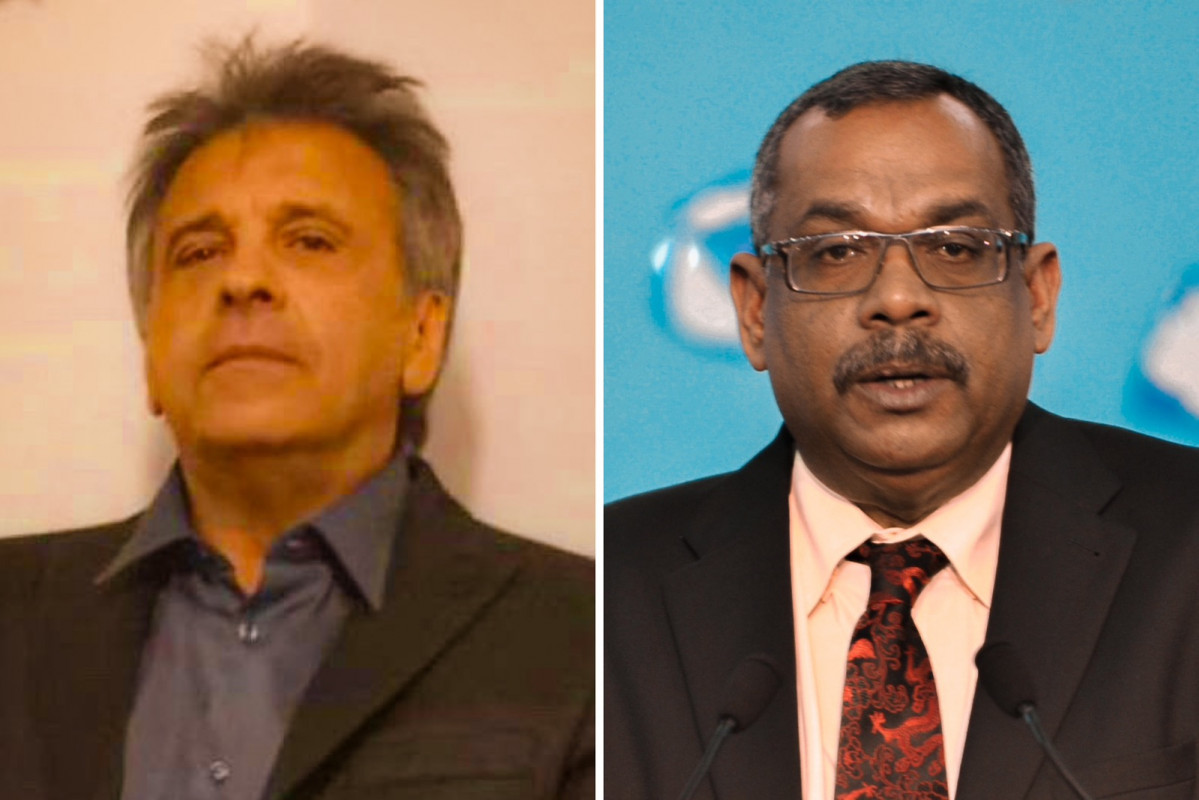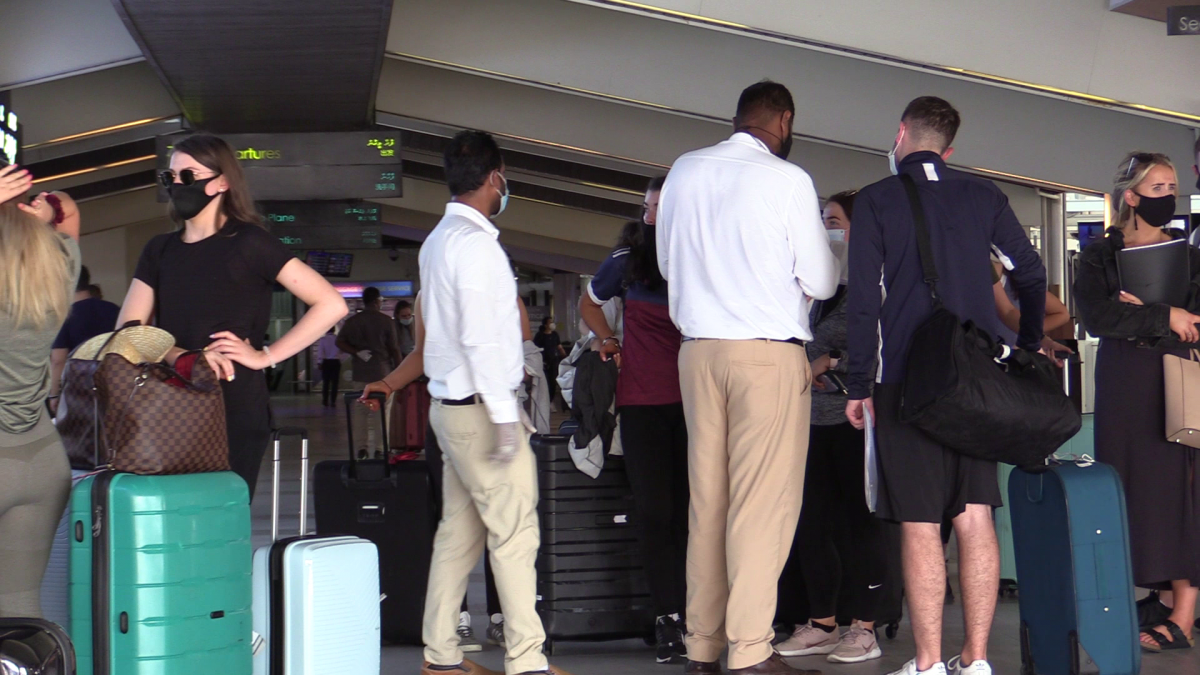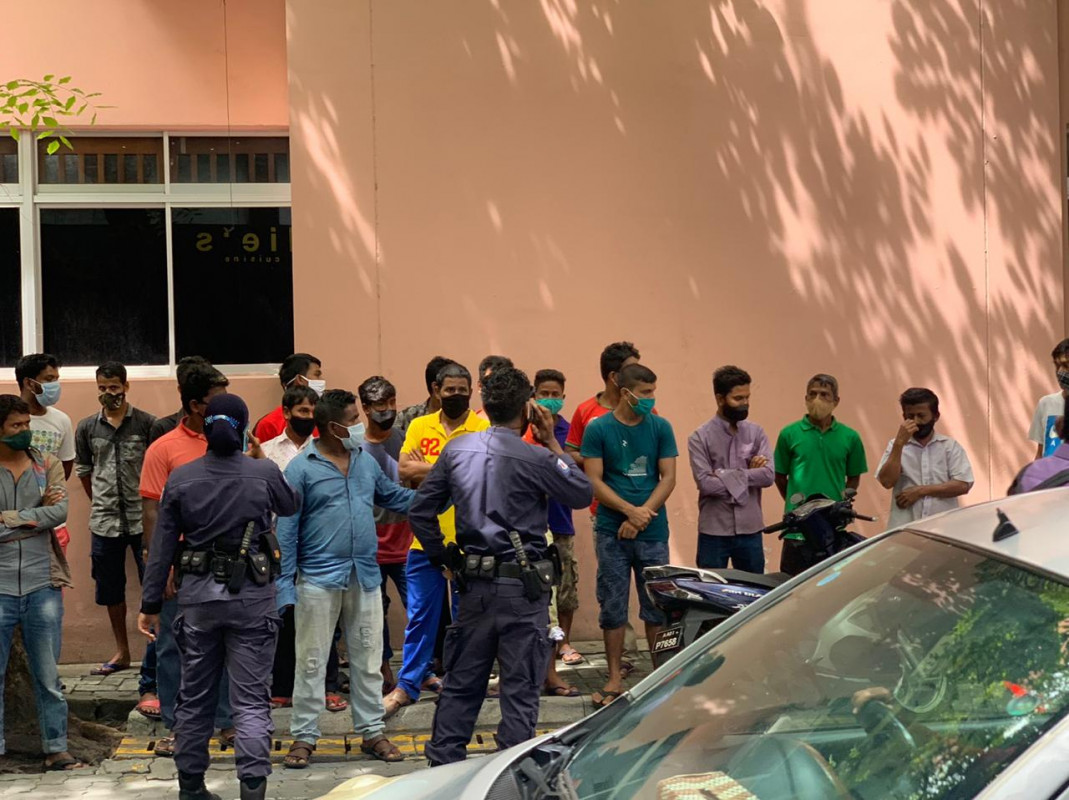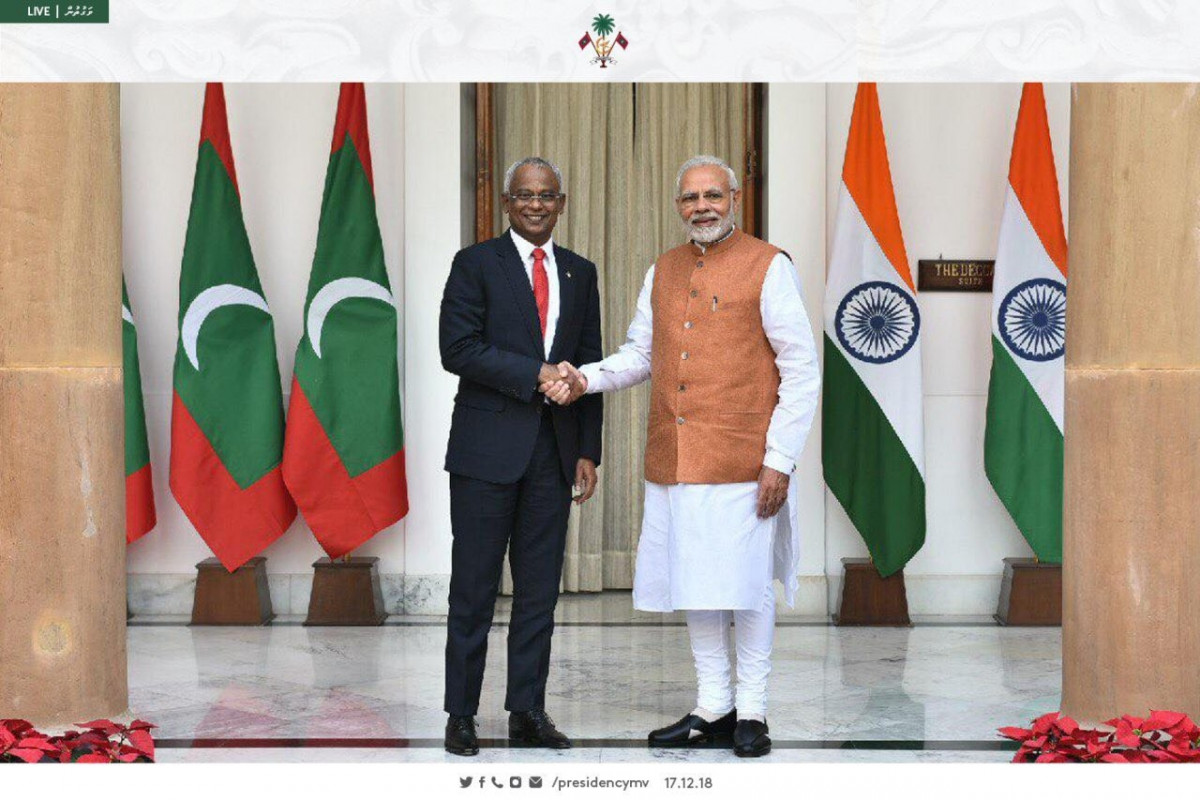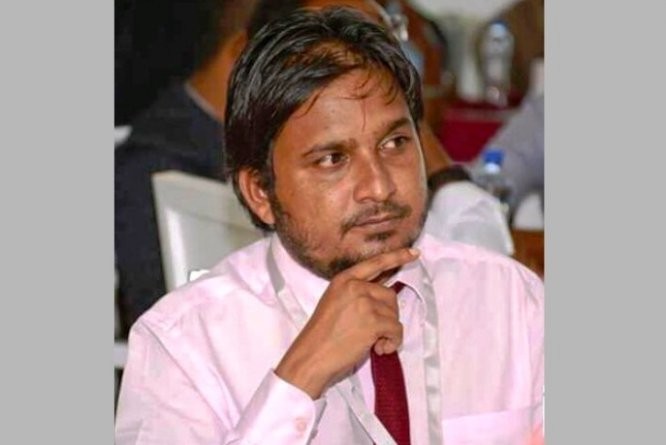Covid-19 cases spike in atolls after days of reporting less than 100 daily cases
117 out of the 143 new cases were from outlying atolls

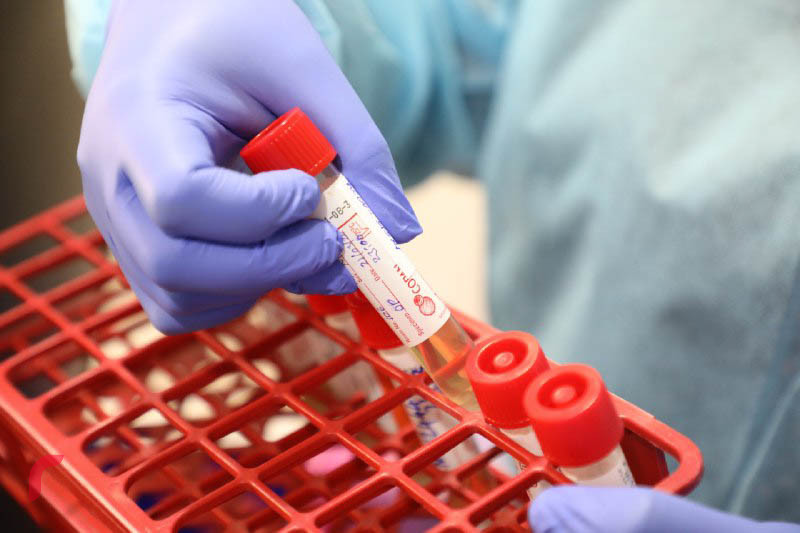
Samples collected for Covid-19 testing
Covid-19 cases reported across outlying atolls have spiked after days of reporting less than 100 daily infections.
Latest figures publicized by the Health Protection Agency (HPA) revealed that 117 out of the 142 new coronavirus cases were reported from atolls on Thursday.
Thursday’s cases were confirmed through 4,383 samples tested for the virus between 6pm Wednesday and 6pm Thursday, of which 22 returned positive from the Maldives congested capital, Greater Malé Region and the remaining four were from operational resorts.
Active Covid-19 cases across Maldives rose to 1,716 from the previous day’s 1,673, with this development.
100 additional recoveries have pushed the total number of recoveries confirmed nationwide to 89,913.
HPA revealed that the country’s total Covid-19 case tally has been pushed to 91,893.
With one Covid-19 patient released from the hospital in the reporting period, hospital admissions have dropped to 13.
Maldives reported its first Covid-19 fatality in April 2020 and since then, the death toll has risen to 251. The latest victim was identified as a 79-year-old Maldivian woman, who was being treated at the Fuvahmulah Covid Facility before being pronounced dead by doctors on December 1.
The country has been free from further restrictions for nearly four months however, the authorities continue to remind the public to be vigilant as the country heads down the road to full recovery from the impacts of Covid-19. As such HPA continues to practice caution as the pandemic is far from being controlled, despite declining numbers in recent months.
Although life is far from reaching normal yet, the government's resilience to vaccinate the entire nation has revived hopes of eases from further burden, in the new normal.
Recently, the government imposed a ban on travel from seven countries in Africa, triggered by the threats of a newly surfaced, more transmissible variant of Covid-19. Travelers have been banned from South Africa, Namibia, Mozambique, Lesotho, Botswana, Zimbabwe and Eswatini, including those who visited these countries 14 days before arriving into the Maldives, as well as those who transited in these countries for more than 12 hours.
Further, the announcement reads that those who have travelled to the Maldives after spending more than 14 days in these countries and over 12 hours in transit, must observe a quarantine period of 14 days.
These new measures have been implemented at a time President Ibrahim Mohamed Solih has also revealed that there have been surging concerns regarding the more transmissible ‘Omicron’ SARS-CoV-2 variant.
Since then, Spokesperson of the Health Emergency Operations Center (HEOC), Dr. Nazla Rafeeq has revealed that the discovery of the new Covid-19 variant in the Maldives is inevitable, however, efforts may be carried out to slow the spread of the infection.
The new variant, dubbed a “variant of concern” by the World Health Organization (WHO) was initially named B.1.1529
Research indicates that those who have recovered from the virus are at a high risk of contracting the virus again. The new variant is deemed to highly impact the transmission of the pandemic.
The geographical advantage of being comprised of a scatter of islands initially enabled Maldives to keep tabs on the spread of coronavirus when the first few cases surfaced. Things spiraled out of control after a community transmission was detected in the congested capital on 15 April 2020 to which authorities responded by imposing an immediate lockdown.
Months later, authorities began easing the lockdown in phases, with cases going on a downward spiral. Things seemed to be in control until the new year rolled around and cases began spiraling once more. Since April 2020, authorities have been repeating a cycle of curfews, lockdowns, partial lockdowns and other restrictive measures in their successful efforts to curb the spread of the virus.
The country has been in a state of public health emergency for over a year, since 12 March 2020. It has been extended a 21st time to expire on December 30.

